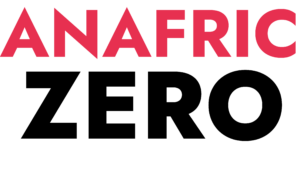Spanish households wasted a total of 1,170.45 million kilos or liters during 2022, which is 6.1% less than the previous year, and 13.5% less compared to 2019, before the pandemic. . Each Spanish household wasted, on average, approximately 65.5 kilo-liters of food and/or drinks during 2022 (almost 5 kg-l less than the previous year).
According to the FAO (Food and Agriculture Organization of the United Nations), if the food that ends up being food waste were used, it could feed more than two billion people and could solve undernourishment worldwide. Furthermore, it is estimated that the production of these foods accounts for 8% of greenhouse gas emissions, consumes 30% of the land used for cultivation and 20% of fresh water, making it necessary to address food waste. through the SDGs (Sustainable Development Goals) of the United Nations.
Among companies there is a high commitment and awareness to reducing food waste, presenting innovative initiatives and relevant investments to minimize this problem.

And the meat sector plays a fundamental role in reducing food waste, a problem that affects the entire value chain.
José Friguls, president of Anafric, points out that “Spanish companies in the food industry, especially those in the meat sector, are increasingly aware of the impact that food waste has in economic, social and environmental terms, and the need to to stop it. For this reason, we are always working to raise awareness in the sector, because waste is pollution and mistreatment of the planet, something that we cannot consent to.”
What is wasted the most?
According to data from the Food Waste Report 2021, prepared by the United Nations, the foods that are wasted the most are: fruits, vegetables, with 45%; fish and sea products 35%; cereals 30%; meat and dairy, 20% each.
It is symptomatic that those products related to leisure moments, such as snacks, are the ones that are wasted the least.
From Anafric, a communication campaign has been launched to disseminate what the meat sector is doing to stop waste and to raise awareness of the “necessary and essential” contribution of all links in the meat industry to stop climate change and contribute to better distribution of food globally.
The campaign can be seen through the website anafriczero.anafric.es where a sector and a trade with a green future are valued. This blog reviews updated data on the meat sector and segments its content into four different objectives, according to the audience you wish to impact: restaurants, the domestic sphere, the workplace and commercial establishments.
















